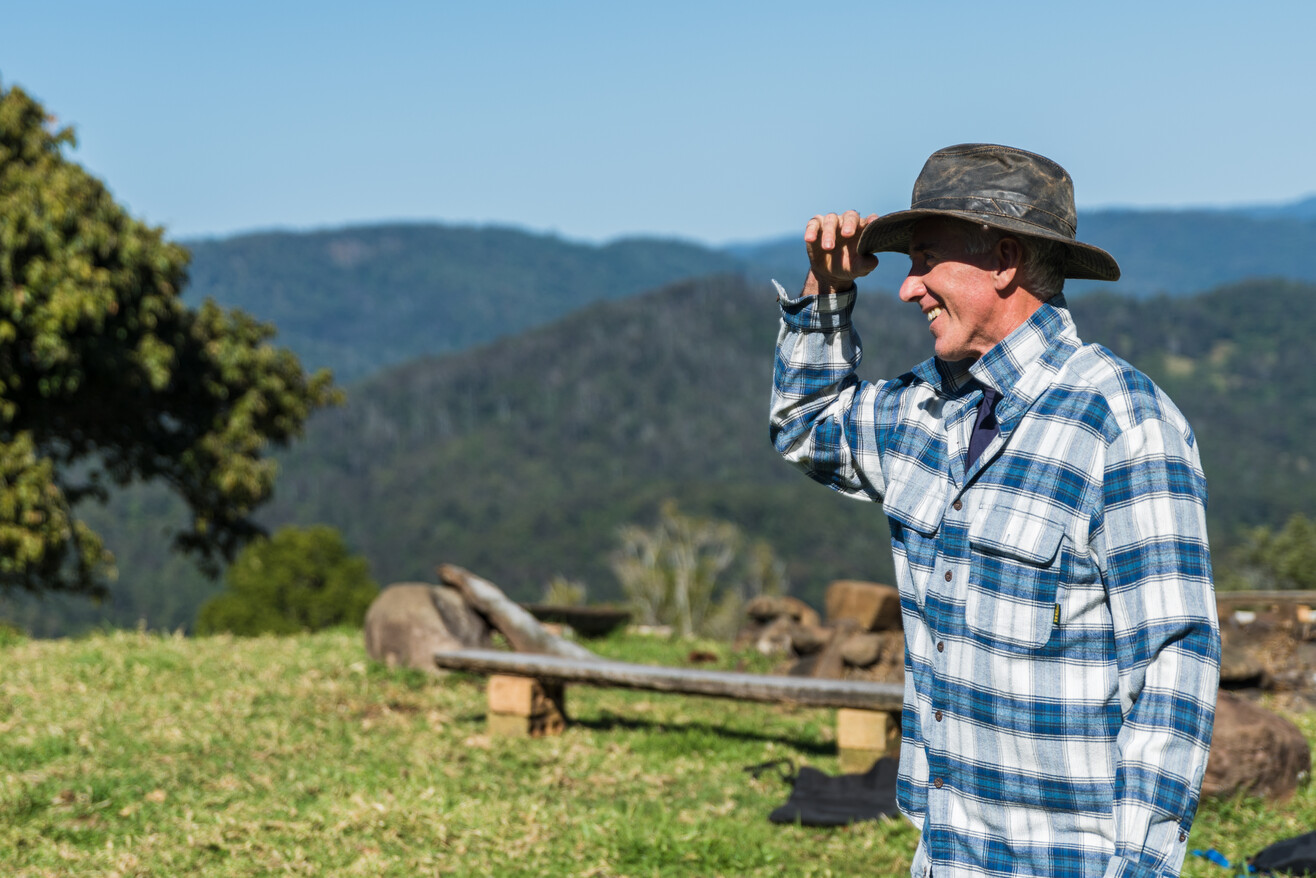
Sustainability means "long-lasting effect". This definition has its origins in forestry and was first mentioned in the German "Kursächsische Forstordnung” in 1560. It should ensure a continued use of wood for the mines.
A sustainable forest management prevents complete deforestation and ensures the ability of the forest to regenerate. Only as much wood is removed as can grow back. In 1713 Hans Carl von Carlowitz, a forester, described the relationship between the 3 aspects of ecological balance, economic safety, and social justice. Originally known as "sustainable yield", the term "sustainability" came back to German-speaking countries in the 1970s through the ecology movement. Sustainability has long been common not only in forestry. It can be found in many other areas of life.
What does sustainability mean?
The effects of the traditional way of life of pre-industrialized societies were more lasting than that of modern industrial society. People only ever had a limited area available for living space and for food production, so there was an interest in the continued existence of their ecosystems. It has therefore always been important to many cultures to keep negative changes in their environment and ecosystems to a minimum.
We can all contribute to keeping our ecosystem habitable for the benefit of future generations. In addition to ecological factors such as reducing CO2 emissions, saving energy, and preserving natural resources, social aspects such as compliance with social standards in production and fair trade are also very important. Economic factors need to be considered as well. These include efficiency, practicability and the regionality of a product.
Quelle: https://www.wir-leben-nachhaltig.at/aktuell/detailansicht/nachhaltigkeit/